Kishu Ken
Kishu, Kishu Inu
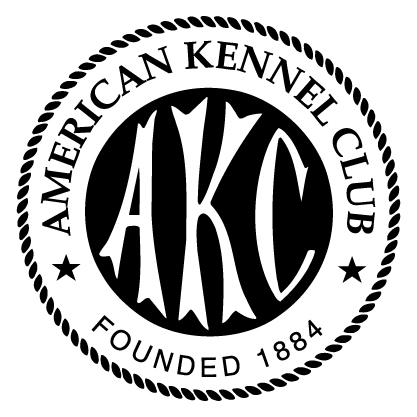 akc
akc fci
fci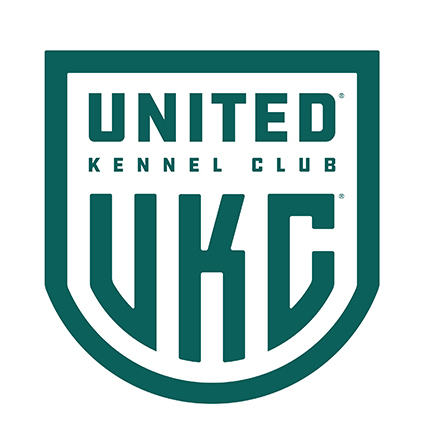 ukc
ukc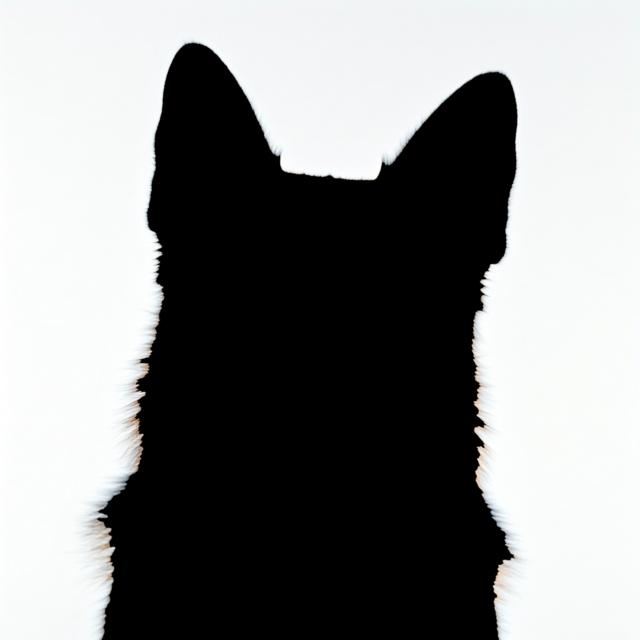
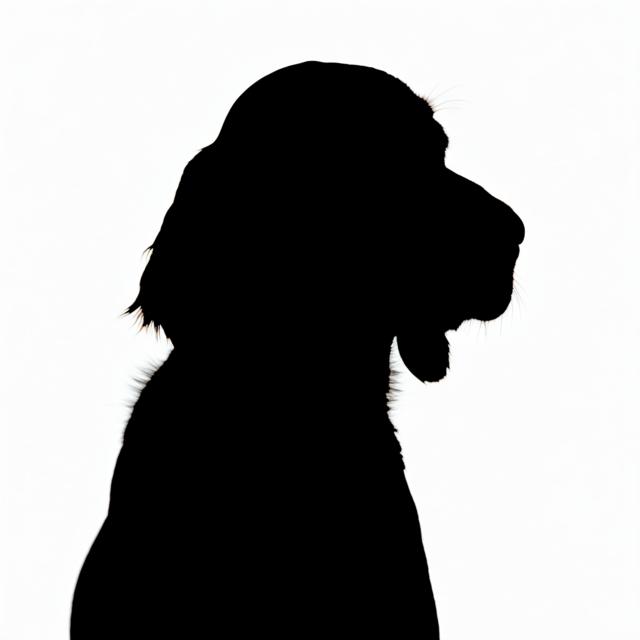
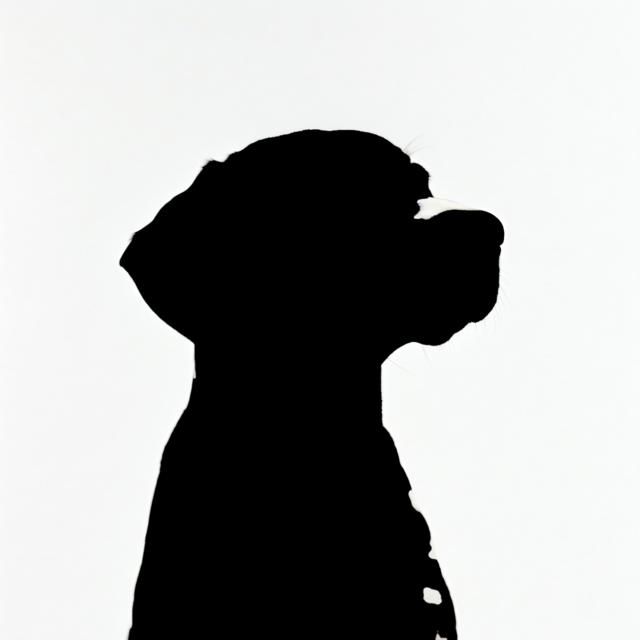
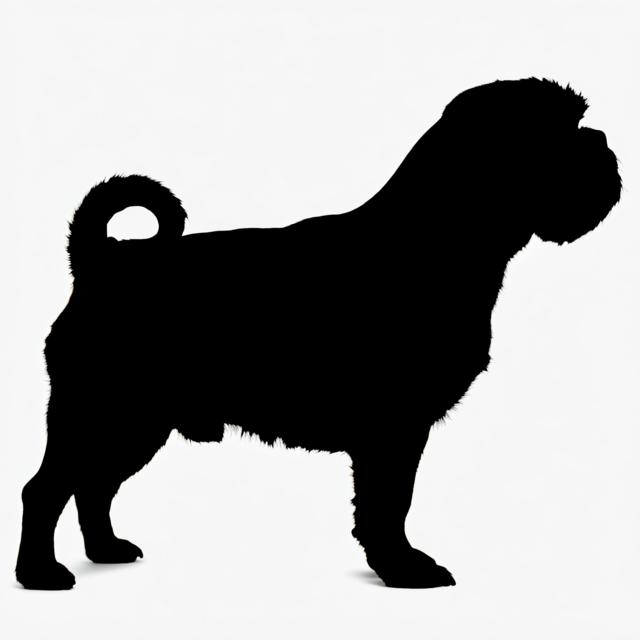
Summary
- The Kishu Ken is a Japanese hunting breed known for its loyalty and reserved nature. They require early socialization and training and a firm owner.
Origin and Purpose
- Developed in the mountainous Kishu region of Japan
- Originally bred for hunting deer and wild boar
Appearance
Dimensions
| Gender | Height | Weight |
|---|---|---|
| Female | 17-19 inches | 30-50 pounds |
| Male | 17-20 inches | 30-60 pounds |
Coat
| Attribute | Notes |
|---|---|
| Color |
|
| Type |
|
| Length |
|
Care
| Attribute | Notes |
|---|---|
| Shedding |
|
| Grooming |
|
| Drooling |
|
Body
| Attribute | Notes |
|---|---|
| Head |
|
| Skull |
|
| Ears |
|
| Eyes |
|
| Nose |
|
| Muzzle |
|
| Teeth |
|
| Neck |
|
| Forequarters |
|
| Fore Legs |
|
| Hindquarters |
|
| Hind Legs |
|
| Feet |
|
| Tail |
|
| Gait |
|
Temperament
- Courageous
- Loyal
- Reserved
- Independent
- Intelligent
Social
| Attribute | Notes |
|---|---|
| Affectionate with Family |
|
| Good with Children |
|
| Good with Dogs |
|
| Good with Cats |
|
| Openness to Strangers |
|
| Playfulness Level |
|
| Protective Nature |
|
| Adaptability Level |
|
Working Roles
- Hunting
- Companion
Exercise Needs
- High, requires regular physical and mental stimulation
Health
- Generally healthy
- Hip Dysplasia
- Patellar Luxation
Additional Notes
- Early socialization and training are important
- Needs a firm and consistent owner